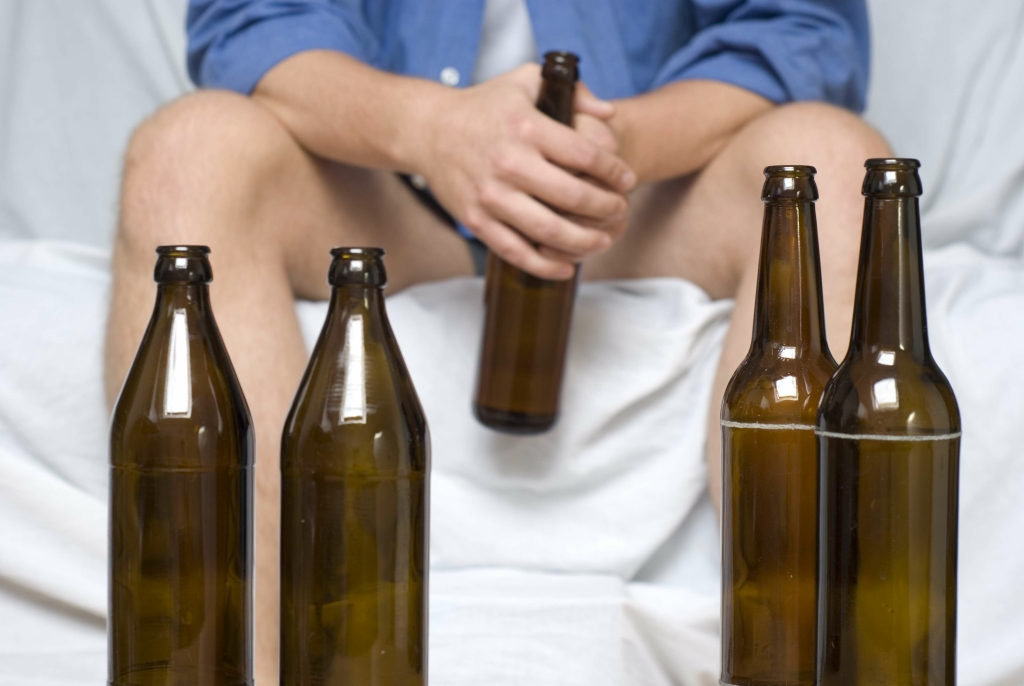The Brain in Recovery Recovery Research Institute
Content
As you move forward in your recovery, it is important to deal with these emotions by making amends with yourself and others. Take time to reflect on what is important to you, how addiction has negatively affected you, and how your life will improve with sobriety. There are several places to turn to for help; however, having a solid support system is essential in any drug addiction recovery treatment approach you choose. If you are not ready to turn to friends or family, consider talking to a therapist, doctor, or rehab facility. Dr. Ashish Bhatt, MD establishes that proper aftercare treatment can help to prevent relapse and achieve long-lasting recovery. Naltrexone is a medication designed to treat alcohol use disorder and Opioid use disorder .

There are multiple forms of this medication, and it is often included in long-term medication management strategies in many treatment programs. During the initial stages of starting treatment, the primary goal is to reduce the occurrence of life-threatening medical events related to acute substance withdrawal. This process is called acute detoxification and is commonly referred to as the detox process. Detox can last several days to several weeks depending on many factors, including the substance used, frequency of use, method of use, patient age, and other medical conditions that can impact the detox process. The definition of recovery remains divided and subjective in drug rehabilitation, as there are no set standards for measuring recovery.
Help for Alcohol and Illicit Drug Abuse
Developing a meditation practice can help you to find calm and peace, and quiet your mind in an otherwise turbulent time. As your physical health improves, you’ll also experience the “natural high” of endorphins, which can elevate your mood. And an exercise routine creates a structure to your days, helping to reduce your risk of a relapse. Once we can identify these triggers, we can manage them by developing healthy coping skills. A trigger is something that causes an emotional reaction based on experience. With addiction, a trigger can often cause a powerful urge to use again.
- This stands for a persons “Drug of Choice”, which is/are the drug/drugs that a person is currently struggling with in their addiction.
- As always, it is critical that people take medications as directed by a medical professional.
- Counselors create an individualized plan for treatment and aftercare and conduct one-on-one or group therapy sessions.
- Studies also show racial bias makes it harder for Black and Hispanic Americans to find treatment.
- Specifically, recovery is a never-ending process and clients must continue to adjust and have support.
Being in a close relationship with someone who is actively using alcohol or other substances can be very challenging. But saying things like, “If you loved me, you’d quit,” is damaging behavior that almost never works. ” Remind them often that you are willing to be their recovery support. Remind them that they’re valued, they can do this, and they’re not alone.
API Services
Addiction is a chronic disease that causes significant changes in the way the brain functions and how a person behaves. It is characterized by the compulsive misuse of a substance, even though it brings about significant negative consequences. Addiction can be treated and managed successfully through evidence-based behavioral therapies and, in some cases, medication.4 Some rehab centers use alternative therapies in treating addiction.
- Anxiety is a common symptom of withdrawal from many substances, including alcohol, Opioids, Stimulants, as well as Benzodiazepines themselves.
- People will sometimes abuse these drugs because they can produce a slight euphoria in users who are not used to taking potent opioids like heroin or OxyContin.
- Find treatment facilities and programs in the United States or U.S.
